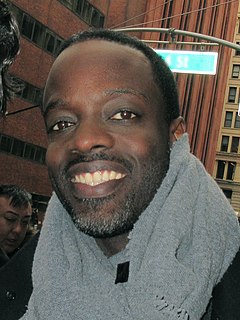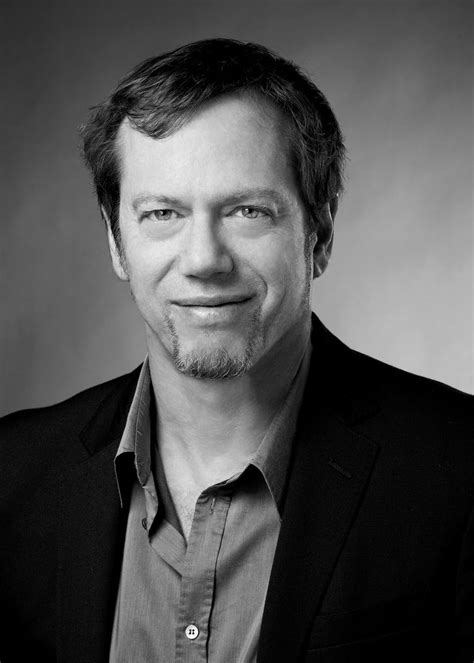A Quote by Joshua Oppenheimer
In Indonesian, the word isn't translating as "gangster." It's "preman", which comes from the Dutch "préman", which of course the thing that's "freeman" in English.
Related Quotes
At the age of nine, I simultaneously fell in love with two Dutch sisters because they seemed so beautifully strange, and their clothes were mysterious and alluring - added to which, they could not speak a word of English. More than anything, I wanted to connect with them and embark on a vast journey of exploration.
When I was quite young I fondly imagined that all foreign languages were codes for English. I thought that "hat," say, was the real and actual name of the thing, but that people in other countries, who obstinately persisted in speaking the code of their forefathers, might use the word "ibu," say, to designate not merely the concept hat, but the English word "hat." I knew only one foreign word, "oui," and since it had three letters as did the word for which it was a code, it seemed, touchingly enough, to confirm my theory.
It's funny because as much as I've done Dr. Freeman, I guess because I shave right afterwards, people don't recognize me necessarily as Dr. Freeman, whereas a small role like 'Garden State' or 'Get Him to the Greek', which is the funniest one to me, they're like, 'Hey, you're that dude!' and you're like, 'Oh my God!' Which is awesome.
I have a few minor rules for myself but I break them all the time. For example, when translating from Romance languages to English, there is often a choice between a Latinate cognate and a Germanic equivalent. An easy example would be the Portuguese escuridão: English offers both obscurity and dark or darkness, and some translators will tell you the Latinate word is generally reserved for poetic and figurative expressions, while the Germanic word is used for colloquial and idiomatic use.
The experience of the gangster as an experience of art is universal to Americans. There is almost nothing we understand better or react to more readily or with quicker intelligence. In ways that we do not easily or willingly define, the gangster speaks for us, expressing that part of the American psyche which rejects the qualities and the demands of modern life, which rejects Americanism itself.
The word 'We' is as lime poured over men, which sets and hardens to stone, and crushes all beneath it, and that which is white and that which is black are lost equally in the grey of it. It is the word by which the depraved steal the virtue of the good, by which the weak steal the might of the strong, by which the fools steal the wisdom of the sages.
There is a word in Old English which belongs wholly to that civilization - "dustsceawung," meaning contemplation of dust. It is a true image of the Anglo-Saxon mind, or at least an echo of that consciousness which considered transcience and loss to be part of the human estate; it was a world in which life was uncertain and the principal diety was fate or destiny or "wyrd."





































